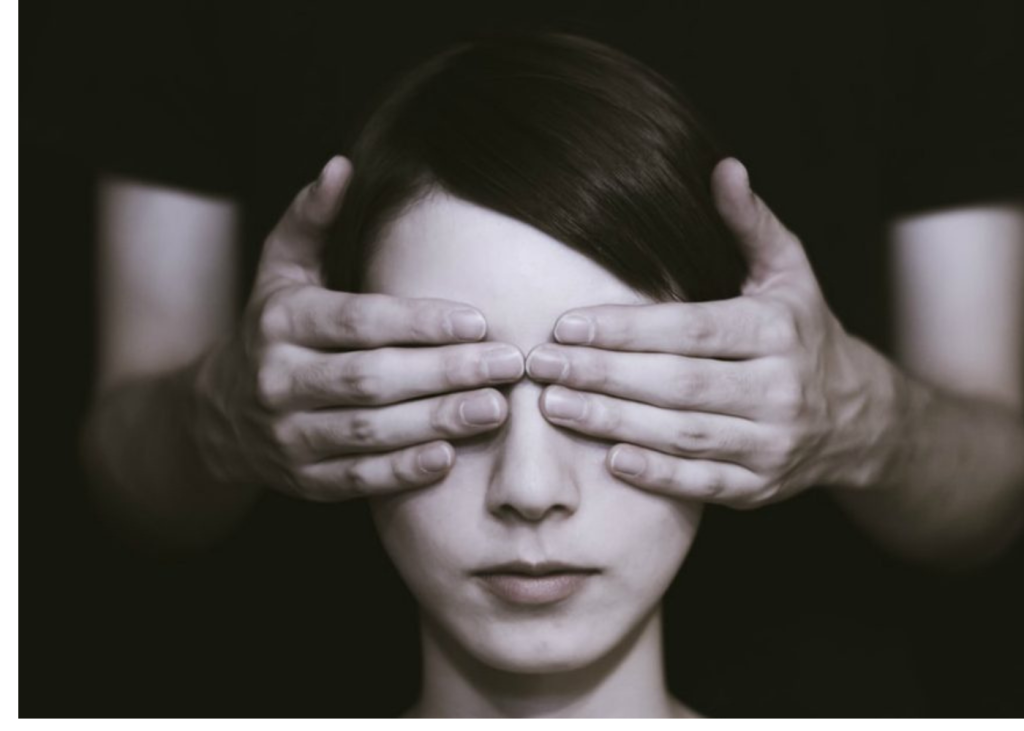By Amrita Das
Two years ago, my two children began their journeys of being diagnosed with an invisible disability – or “invisability” as I lovingly call them. Whenever their diagnosis comes up in conversation, the usual response is “but he looks so normal” or “she will be perfectly fine”. But, what is normal?
Becoming a family with invisabilities has been inspiring but also isolating. The judgment we’ve received from society has been harder to deal with than the diagnoses themselves. We’re not asking for reassurance, advice or sympathy from people; we just want to be realistic and raise awareness. I hope to leave behind a world for my children where they feel included for who they really are.
Maybe they have a preconceived idea of what CP should look like. Maybe they think someone who needs weekly therapy should not be able to walk or talk. Maybe they would feel the label only applies if he was using a walker or wheelchair.
When people see my little girl, they often say she is empathetic and making eye contact, so she can’t possibly be autistic. Maybe they don’t realise they are projecting stereotypes of autism onto her. Maybe they think if someone can cope in public then they have no hidden needs. Maybe they feel the label applies if she was non-verbal or visibly stimming.
Sometimes, people don’t even bother with endless arguments; they just dismiss us with laughter or silence. When we are ignored, that is when we feel at our most invisible. When we constantly have to prove our child has a disability, that is when we feel the most hurt.
Strangers often become experts in disabilities when they learn your child has one. Sometimes they are just trying to reassure you that everything will be alright. But my fundamental problem with that is their assumption that your life cannot be ‘alright’ if you have a diagnosed disability.
But what about when you are accused of exaggerating, attention seeking or just being a terrible parent? Possibly the worst one I’ve heard is that parents are lying to get their children diagnosed. I’m not sure what people think a family gains by having a child with a disability. Yes, you might be lucky enough to get a little funding but that doesn’t cover anything but necessary therapy or equipment – and sometimes not even that.
Medical professionals won’t see you unless there is a real concern that warrants their limited time, especially in the public system. Knowledge, research, evidence and tests do not lie.

Take my son for example. He had every risk factor for cerebral palsy – very low birth weight, maternal infection while pregnant, premature birth. When we almost lost him at 23 weeks, we were asked if we wanted to keep a child who was very likely to have cerebral palsy. Multiple physiotherapists did assessments that showed he had cerebral palsy at 6 months. I wasn’t shocked; it was validating and we could finally get him the help he needed. Thanks to early diagnosis and intervention, he has made such progress.
I rave about early intervention to anyone who will listen because it’s changed my son’s life for the better. In contrast, being denied early intervention has changed my daughter’s life for the worse. But it’s important to remember, just because a child improves with early intervention, it doesn’t mean they’re magically cured. They are just empowered to gain independence and maximise their quality of life.
Internalising an invisability can have a huge impact on your mental health. Being told you’re undeserving of help because you’re not visibly affected can also impact mental health. I started off feeling guilty – until I realised there is always someone worse off than everyone, so you can’t let that stop you advocating for your child.
On the inside I am always going over what is coming up the next day, week, month, year. We’re drowning in uncertainty, therapies, funding, meetings, appointments, tests, surgery and trying to decide which child needs priority that day.
But my husband and I are discovering our own invisabilities because of what our children are going through. It seems to be a common story but even that can be seen as a negative. Isn’t it wonderful that we have become more forgiving, understanding, vulnerable and aware? Are we not better role models for our children who have already started realising they are “different” but aren’t afraid of it? Isn’t it amazing that my children are accepting because they are surrounded by true diversity every week? No matter what anyone says, we see all the benefits and hope that our kids will grow up loving themselves.
Remember you might see my kids once a day, week, month or year. What you see is never the full picture. Every invisability is unique. Ask questions and listen with an open heart.




